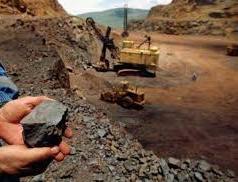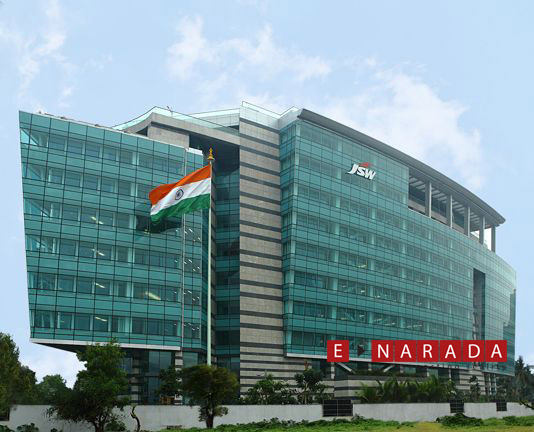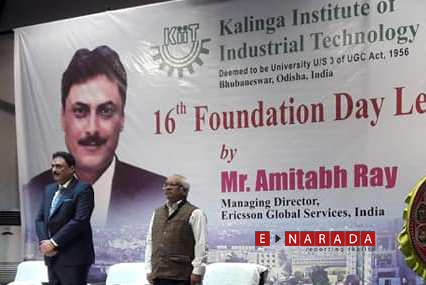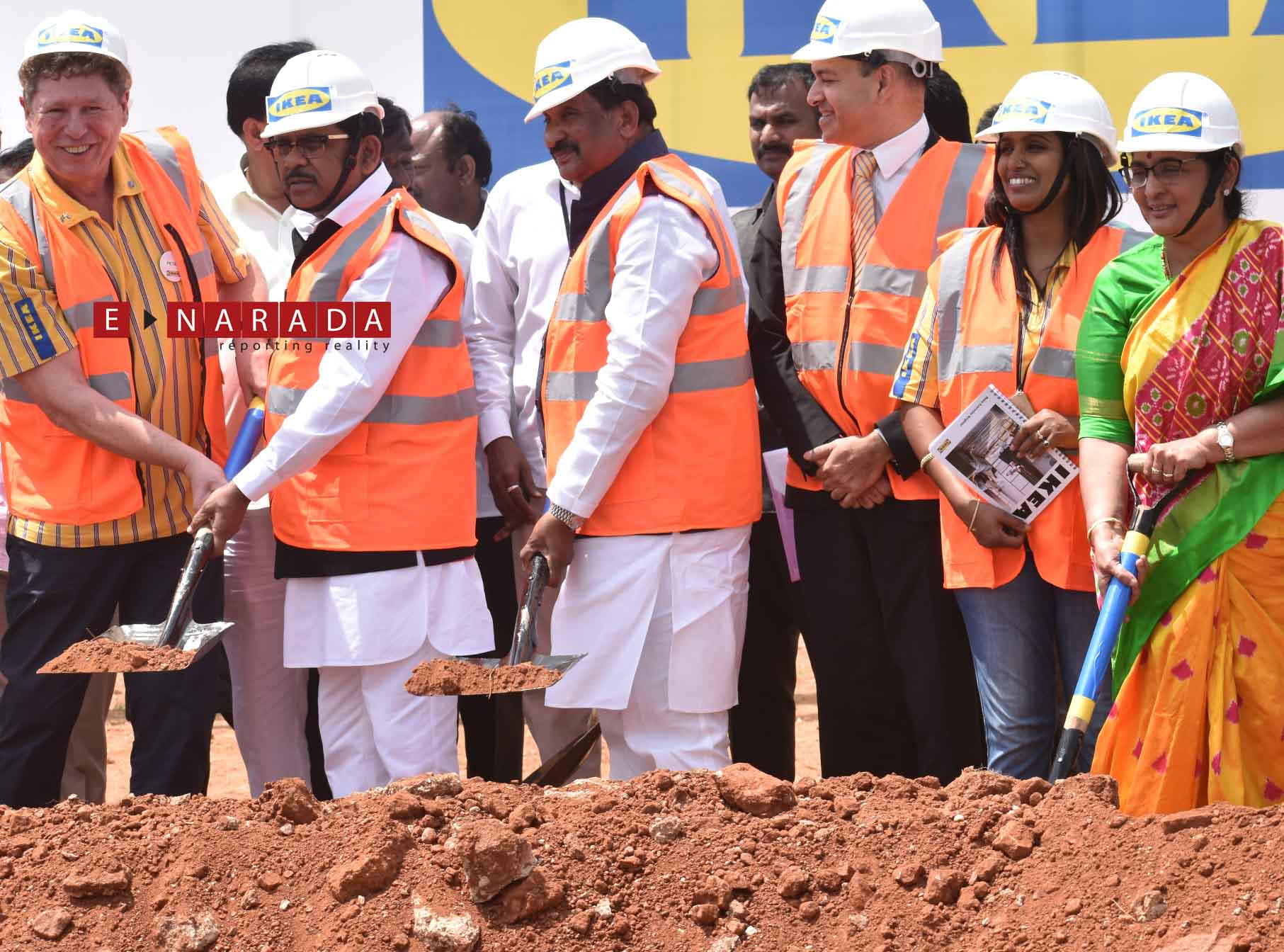Bangalore, April 24, 2013:
The Supreme Court verdict on lifting mining ban on Karnataka’s category-B (with moderate irregularities) iron ore mines will not result in instant gains for regional steelmakers and miners. However, the judgement augurs well for the steelmaking and mining industry in the state in the long-term.
Karnataka constituted about 18 per cent of total iron ore production in the country in FY10 which fell to eight per cent in FY12 due to the ban on mining. The lifting of the ban is a major step towards alleviating the iron ore shortage in Karnataka. However, experts say the positive impact will not been seen until the miners obtain statutory approvals which might take anywhere between 12-18 months or more. Some of the mining leases have expired while others will have to take various statutory approvals before they could start production.
The category-A and B mines are estimated to produce about 22m to 25m MT of iron ore which, although is inadequate for total estimated requirement of 35m MT, will provide some relief to those steelmakers and miners whose margins have shrunk in the past 12 months. The impact of removing the ban might be reflected fully in FY15 post the receipt of necessary approvals. JSW Steel Limited’s and Kalyani Steel Limited’s utilisation levels are likely to increase steadily in the medium term.
Sesa Goa Limited, a group company of Sterlite Industries India Limited, will also benefit positively as its mine fall in category-B and should see an improvement in profitability in FY15. Sesa Goa produced 3 million tonnes (below 10 per cent of its total production in FY11) of iron ore from Karnataka before the ban was imposed.
The regional steel players are operating below historic capacity levels due to the inadequate quality and quantity of iron ores together with higher dependence on imported iron ores. JSW Steel’s plant is operating at 80 per cent of its total capacity and Kalyani Steel is operating at 50 per cent – 60 per cent capacity.
On April 19, 2013, the Supreme Court lifted the ban on the mining of category-B mines (63 leases) and cancelled the leases of all category-C (49 leases, with serious irregularities) mines.
The ban on 18 category-A (with minor or no irregularities) mines which was lifted in September 2012 has been extended to all category-A mines. Also, the cancelled mines will be put up for auction through a transparent process.
The operation of seven mines situated on or nearby the Karnataka-Andhra Pradesh inter-state boundary will remain suspended until the finalisation of inter-state boundary dispute and will be examined afresh by the Central Empowered Committee. Since September 2012, eight category-A mines have become operational.
The Supreme Court had imposed a complete ban on mining in Bellary in July 2011 which it extended to Tumkur and Chitraguda in August 2011. The ban was imposed due to reports of large-scale irregularities and violation of environmental laws. The ban resulted in the underutilisation of capacity by steelmakers based out of the state. A significant number of sponge iron makers in the state closed their plants due to the inadequate availability of iron ore.
The allocation of mining leases in India is a cumbersome process resulting in undue and protracted delays. The applicant has to obtain various approvals like forest and environment clearances. Land acquisition, rehabilitation and resettlement issues also add to delays. The application for grant of mining lease travels through multiple desks in state and central governments which results in delays in operationalisation of mines.





